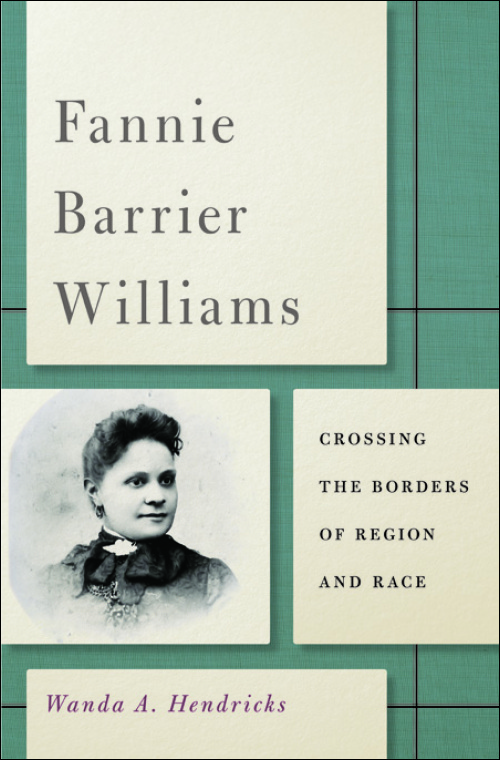Kings for Three Days: The Play of Race and Gender in an Afro-Ecuadorian Festival
University of Illinois Press
May 2013
216 pages
6 x 9 in.
16 black & white photographs, 3 maps
Cloth ISBN: 978-0-252-03751-1
Paper ISBN: 978-0-252-07901-6
Jean Muteba Rahier, Associate Professor of Anthropology and African & African Diaspora Studies
Florida International University

A vibrant study of symbol and social significance in one of Ecuador’s black populations
With its rich mix of cultures, European influences, colonial tensions, and migration from bordering nations, Ecuador has long drawn the interest of ethnographers, historians, and political scientists. In this book, Jean Muteba Rahier delivers a highly detailed, thought-provoking examination of the racial, sexual, and social complexities of Afro-Ecuadorian culture, as revealed through the annual Festival of the Kings. During the Festival, the people of various villages and towns of Esmeraldas—Ecuador’s province most associated with blackness—engage in celebratory and parodic portrayals, often donning masks, cross-dressing, and disguising themselves as blacks, indigenous people, and whites, in an obvious critique of local, provincial, and national white, white-mestizo, and light-mulatto elites. Rahier shows that this festival, as performed in different locations, reveals each time a specific location’s perspective on the larger struggles over identity, class, and gender relations in the racial-spatial order of Esmeraldas and of the Ecuadorian nation in general.
Contents
- List of Figures
- Preface and Acknowledgments
- Introduction
- 1. Setting Up the Stage: Contextualizing the Afro-Esmeraldian Festival of the Kings
- 2. The Village of Santo Domingo de Ónzole and the Period of Preparation of the Festival of the Kings: The Centrality of Sexual Dichotomy and Role Reversal
- 3. The Festival of the Kings in Santo Domingo de Ónzole
- 4. The Festival of the Kings in La Tola
- 5. Race, Sexuality, and Gender as They Relate to the Festival of the Kings
- 6. Performances and Contexts of the Play in January 2003
- Conclusion: From the Centrality of Place in Esmeraldian Ethnography to Theoretical and Methodological Considerations for the Study of Festivities
- Glossary of Esmeraldian Spanish Terms
- Notes
- References
- Index


